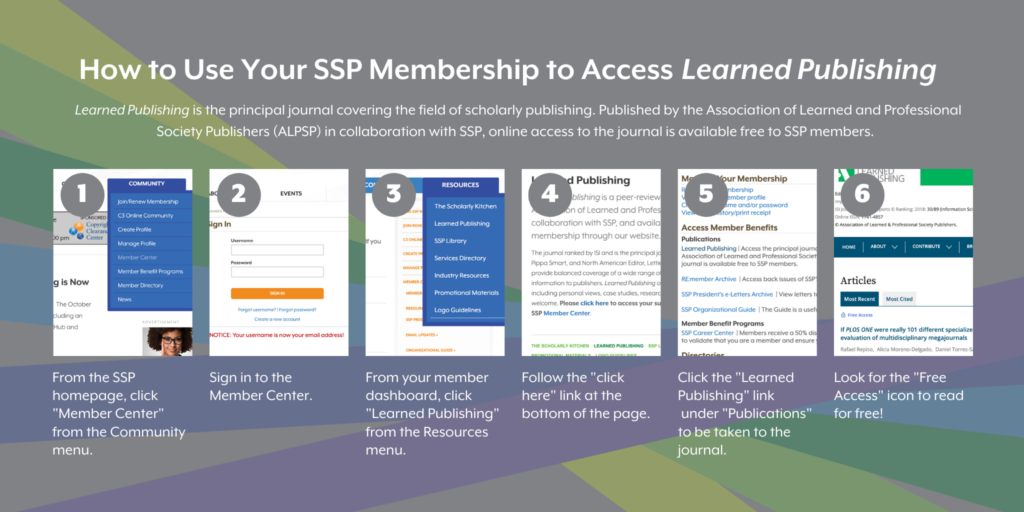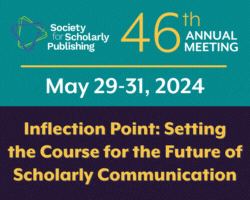
Now available in the newly published Volume 34, Issue 3 of Learned Publishing. Access to Learned Publishing is a benefit of membership in SSP. You can read the full-text online.
Kelsey Inouye, David Mills | Learned Publishing | Volume 34, Issue 3
The authors analyzed 229 editorials and opinion pieces published in science and medical journals to explore the affective discourses used to characterize so-called predatory publishing. They found, among other things, that metaphors of fear, fakery, and exploitation are regularly deployed and that few science editorials offer alternative perspectives to the dominant narrative.
Authors Kelsey Inouye and David Mills told us a bit about how they came to focus on this topic:
What drew you to this topic?
We had been reviewing the literature on so-called ‘predatory publishing’ as part of a larger project exploring African publishing practices, and we found that very few of those involved in editorializing and commenting on this topic had actually talked to journal editors and researchers themselves. Thus, we decided to do a systematic review of empirical research on the phenomenon (also published in Learned Publishing in 2020). We then turned our attention to the journal editorials themselves and decided to analyze the emotional language they were using. Anyone who has read Lakoff and Johnson’s (1980) ‘Metaphors we live by’ will be attuned to the power of metaphor to shape feelings and experiences.
Did anything surprise you as you were researching and writing this article?
We were surprised at just how much influence a few elite science journals can have in shaping the conversation. Further, nearly all editorials we reviewed seek to reinforce the idea that there is a cohort of publishing ‘predators’ seeking to exploit researchers. Some publishers are also ready to amplify this discourse in their training webinars and information.
What do you think people and/or organizations can do to better understand the institutional drivers that shape researchers’ publishing practices and reduce reliance on and incidences of attaching negative labels?
We feel that the onus is partly on the science media to reflect on the power of labelling. The term ‘predatory’ – or even ‘fake’ – over-simplifies tensions and inequalities within the global publishing economy.
Some of the rapid publication commercial Open Access journals exist because doctoral students and researchers are having to meet institutionally mandated requirements to publish graduate from their doctoral degrees or meet the conditions of their academic posts. There are also many scholarly journals, especially in low-income countries, that have suffered from the consequences of this discourse of suspicion.
One practical suggestion would be a short course – or set of web-resources – for researchers and doctoral students on the new global political economy of academic publishing. This could include a discussion of OA and Open Science and the distorting effects of rankings on publishing practices.
The July issue of Learned Publishing is now available! The entire issue, including this spotlight, is available as part of your SSP membership!
News contribution by SSP member, Stephanie Orphan. Stephanie is the Director of Publisher Relations and Content Preservation at Portico.




Join the Conversation
You must be logged in to post a comment.